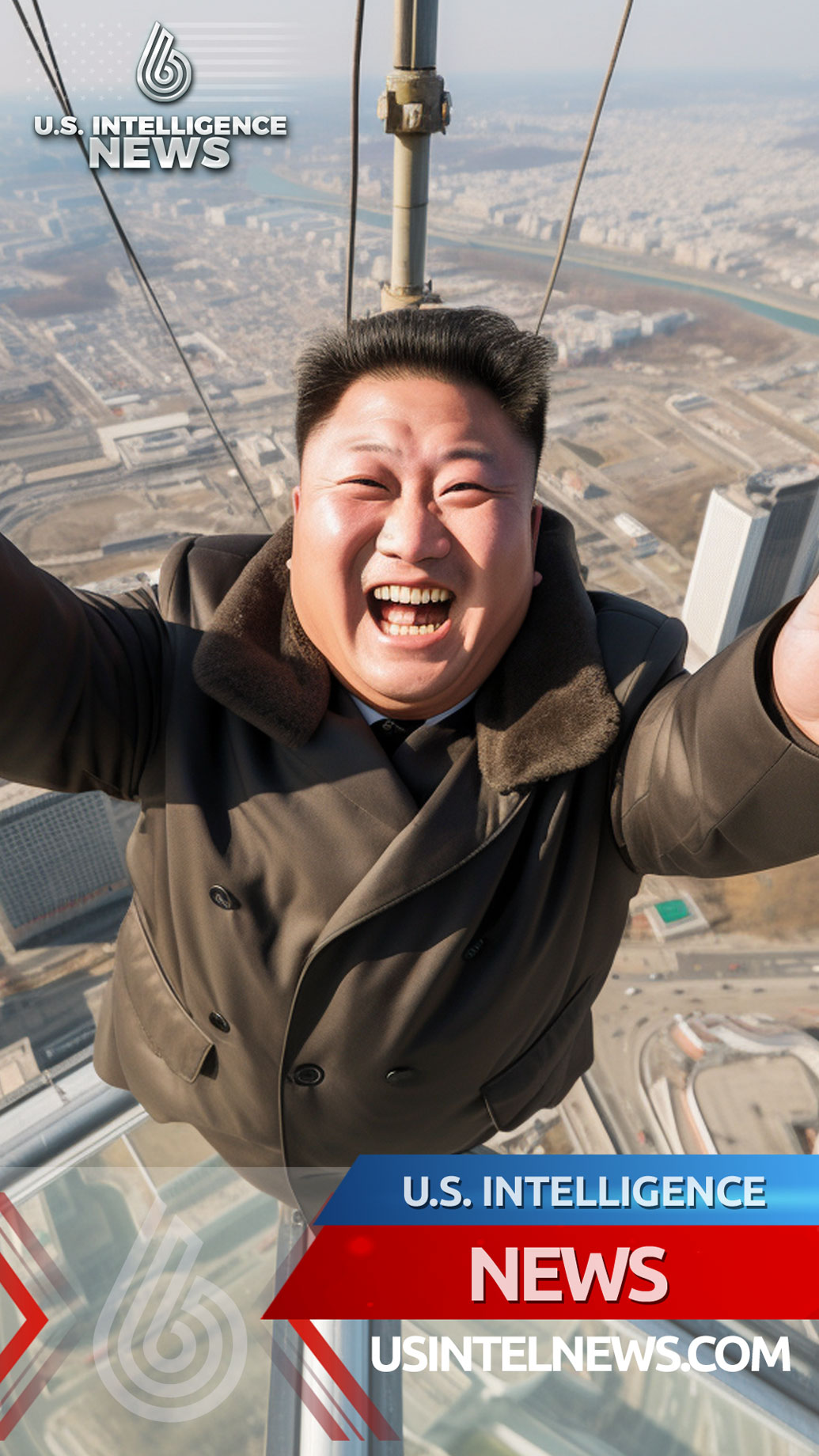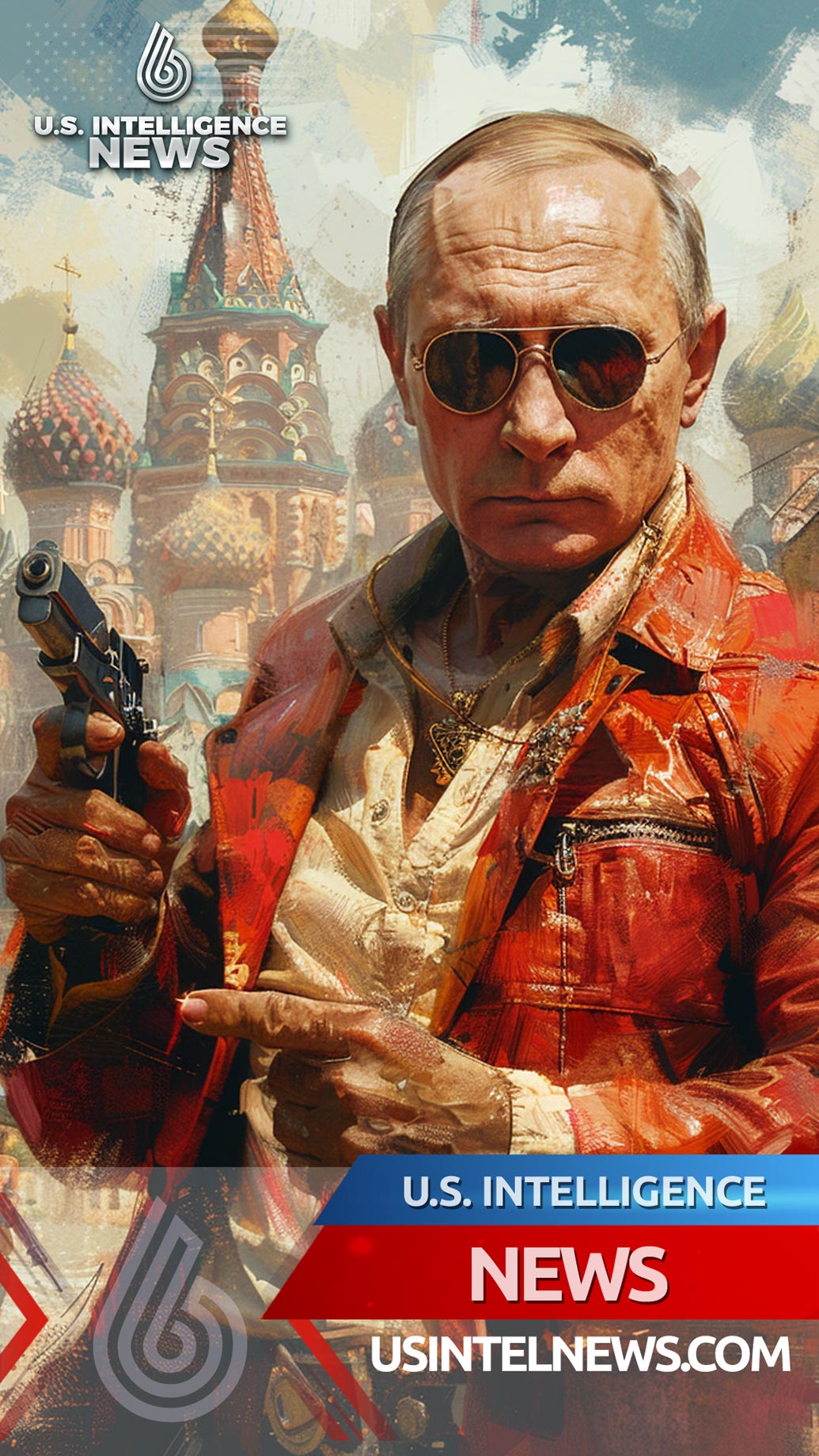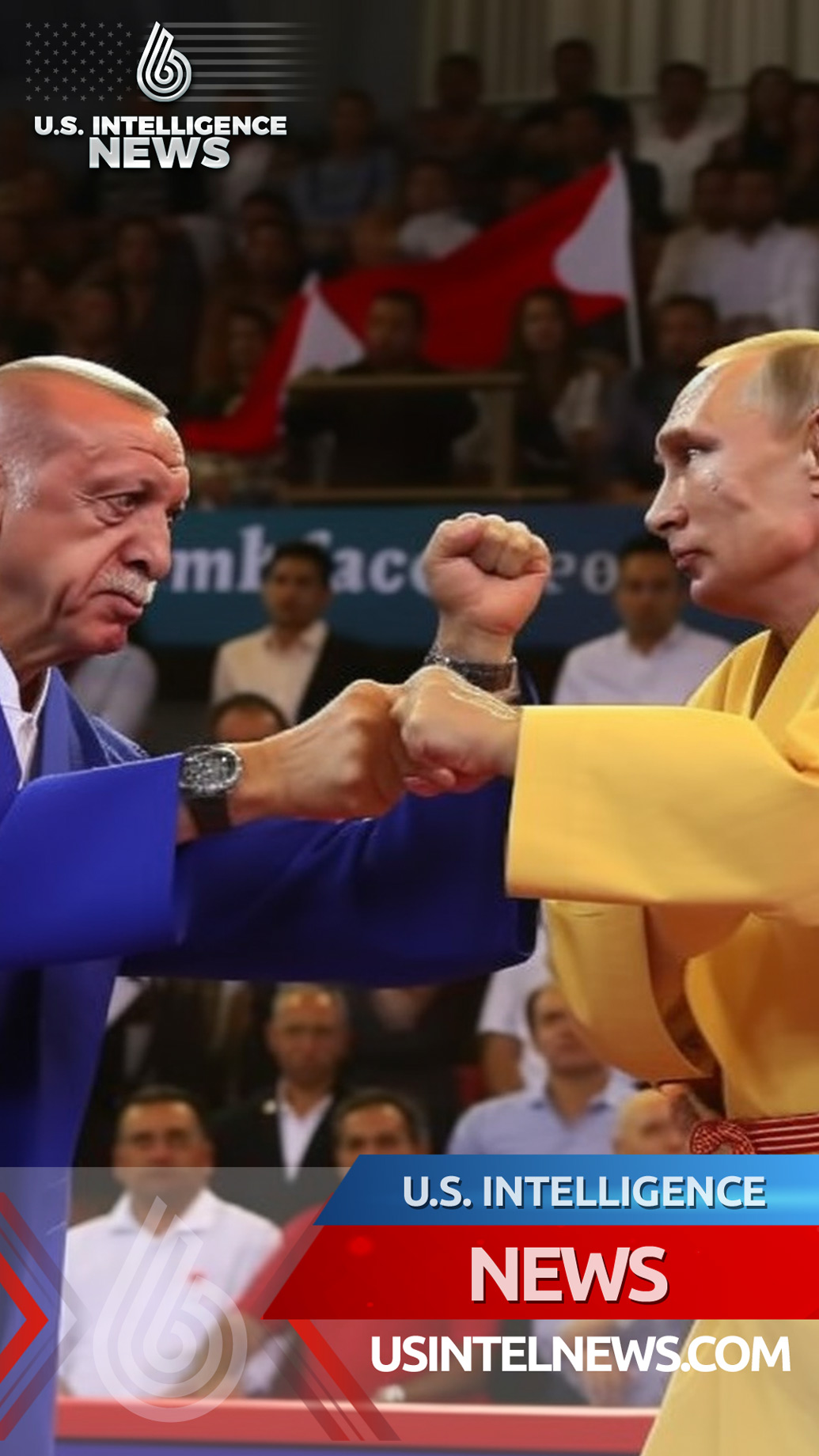
Key Facts
- Nikolai Patrushev, a senior Kremlin advisor, sharply criticized Russian military leaders for the slow pace of progress in Donetsk and Kursk, urging quicker action as critical objectives remain unmet.
- Patrushev emphasized the need for rapid gains in Ukraine, anticipating that strategic positions may strengthen Russia’s hand in upcoming talks to potentially freeze the conflict along the front lines.
- Hundreds of North Korean soldiers are set to join Russian forces in the Kursk region, though Russian leaders view them as more of a logistical strain than a tactical asset.
Patrushev’s Frustration
In a pivotal video-linked conference with Russia’s senior military and security officials, Nikolai Patrushev, top advisor to President Vladimir Putin, expressed deep frustration over stalled Russian advances in Ukraine. Patrushev, known for his influence within the Kremlin, directed pointed criticism at military leaders for what he described as an “insufficiently decisive” approach, especially in the Donetsk region where anticipated gains have yet to materialize.
Kremlin Pressure
During the high-stakes briefing, Patrushev warned that time is running short for Russia to secure strategic strongholds in Ukraine. With critical positions in Donetsk still out of reach and little progress reported in efforts to “liberate” Kursk, he is pressing for rapid advances, anticipating that negotiations to freeze the conflict along current lines may loom on the horizon. Military leaders predicted that “significant” progress could be achieved by year’s end, but Patrushev sharply questioned both their timelines and the reliability of these assurances.
North Korean Forces
In a striking development, Russia has turned to North Korean forces to bolster its ranks on the Kursk front. Several hundred North Korean soldiers are set to join Russian operations in the coming days, with potential orders to actively engage in direct assaults on Ukrainian positions. However, Russian military leaders reportedly view this external support as a logistical burden rather than a true tactical advantage, doubting its efficacy on the battlefield. This move underscores a resource-strapped Russian offensive that has yet to gain full traction on key fronts, even as Patrushev pushes for swift and decisive gains to capitalize on Ukrainian vulnerabilities. The Kremlin’s latest tactical maneuvers signal an intensified urgency, but whether these new steps will tip the balance remains highly uncertain.
North Korea-Russia Military Collaboration
Pentagon
North Korean Soldiers Join Russian Offensive
FAQ
What prompted Nikolai Patrushev to express frustration during the conference?
Patrushev’s frustration stemmed from the slow pace of Russian advances in Ukraine, particularly in the Donetsk region. He criticized military leaders for their “insufficiently decisive” approach, which has led to unmet strategic objectives.
What are Patrushev’s concerns regarding time and strategic positions in Ukraine?
Patrushev warned that time is running short for Russia to secure key strongholds in Ukraine. He emphasized the need for rapid advances to ensure that Russia is in a strong position ahead of potential negotiations to freeze the conflict.
What predictions did military leaders make regarding progress in Ukraine?
Military leaders predicted that “significant” progress could be achieved by the end of the year. However, Patrushev questioned the reliability of these timelines, expressing skepticism about their ability to meet these goals.
Why has Russia turned to North Korean forces for support?
Russia has turned to North Korean forces to bolster its ranks on the Kursk front due to a perceived need for additional manpower amid a resource-strapped military campaign. Several hundred North Korean soldiers are set to join Russian operations in the area.
How do Russian military leaders view the involvement of North Korean soldiers?
Russian military leaders reportedly see the involvement of North Korean troops as a logistical burden rather than a tactical asset. They are skeptical about the effectiveness of this support in actual combat situations.
What does this situation indicate about the current state of the Russian military offensive?
The reliance on North Korean forces and Patrushev’s urgent calls for decisive action indicate a resource-strapped Russian military offensive that has yet to gain full traction. The Kremlin’s latest maneuvers suggest an intensified urgency to capitalize on perceived vulnerabilities in Ukrainian defenses.


 Bitcoin and Tether Self-Destruct: How Ethicoin is Redefining the Future of Ethical Finance
Bitcoin and Tether Self-Destruct: How Ethicoin is Redefining the Future of Ethical Finance 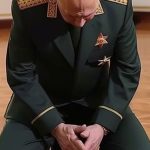 Breaking News: Kremlin Warns of ‘World War III’ Amid Escalating US-Russia Tensions
Breaking News: Kremlin Warns of ‘World War III’ Amid Escalating US-Russia Tensions 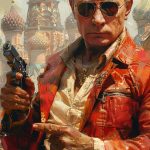 Russia Refocuses on Hybrid Operations in Moldova, Armenia, Georgia, and Baltic States
Russia Refocuses on Hybrid Operations in Moldova, Armenia, Georgia, and Baltic States 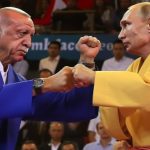 Kremlin’s High-Stakes Gambit: Secret Deals, a Presidential Double, and the Fight to Salvage Power in Syria
Kremlin’s High-Stakes Gambit: Secret Deals, a Presidential Double, and the Fight to Salvage Power in Syria 